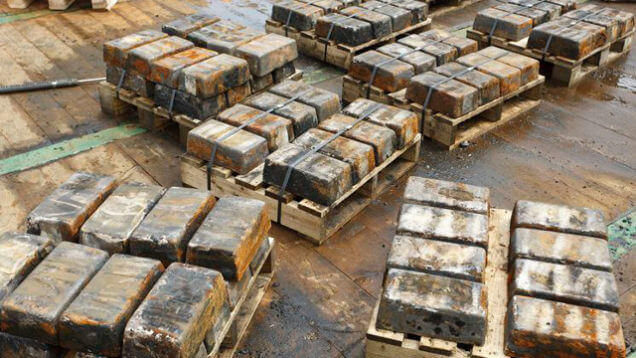A crowd was gathered on a cloudy day to see what would happen at the Canal Saint-Martin in Paris, France. No one could stop watching the scene unfold in front of them, and it was a marvelous occasion. Everyone wished to get a peek as authorities started draining the murky waters within the canal.
The Canal Saint-Martin hadn’t seen sunlight in over two centuries, so no one knew what might be lurking inside the mysterious waters. What accumulated after about 200 years? What did they see when the canal got drained? You won’t believe some of the crazy things they found at the bottom of those canals.
Time to Drain
The authorities looked at the canal while the murky waters slowly receded. You don’t get such an opportunity every day to discover what secrets are hiding within the water. Parisians were sure to learn about the history of their beloved city!

Time to Drain




